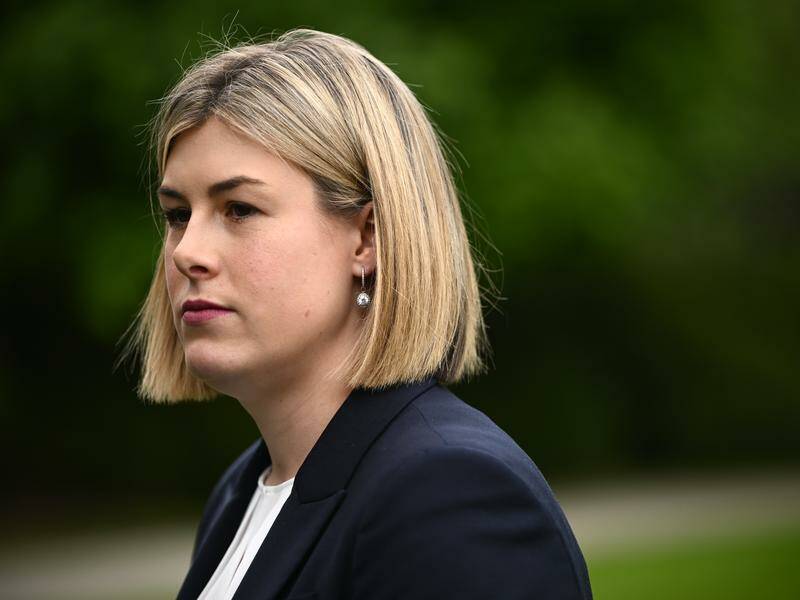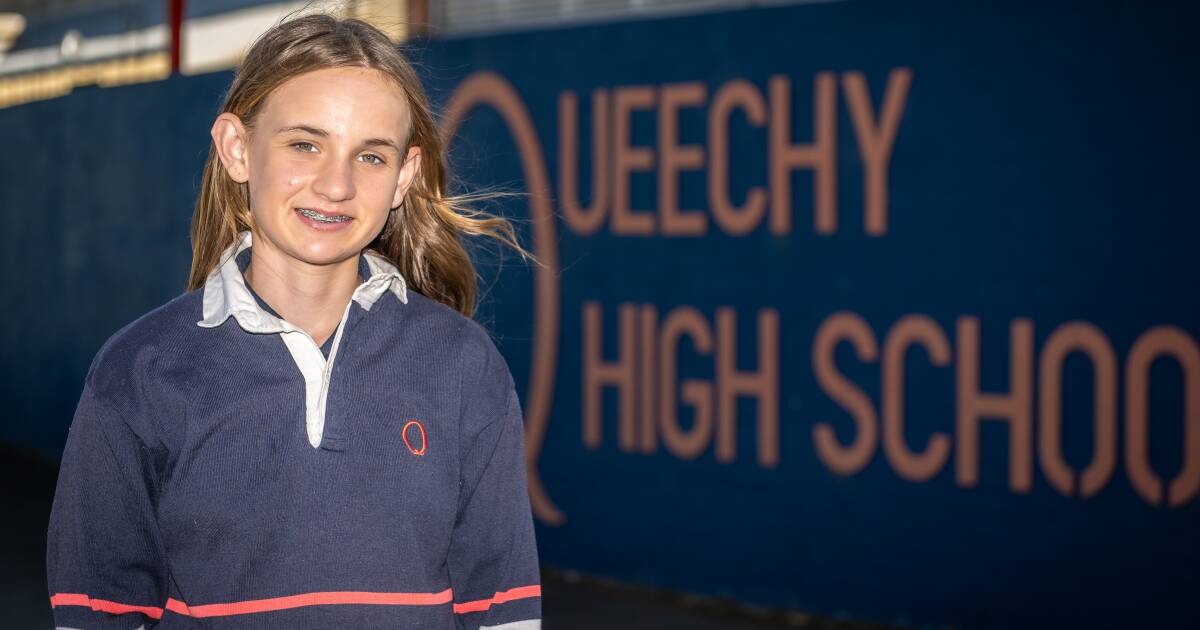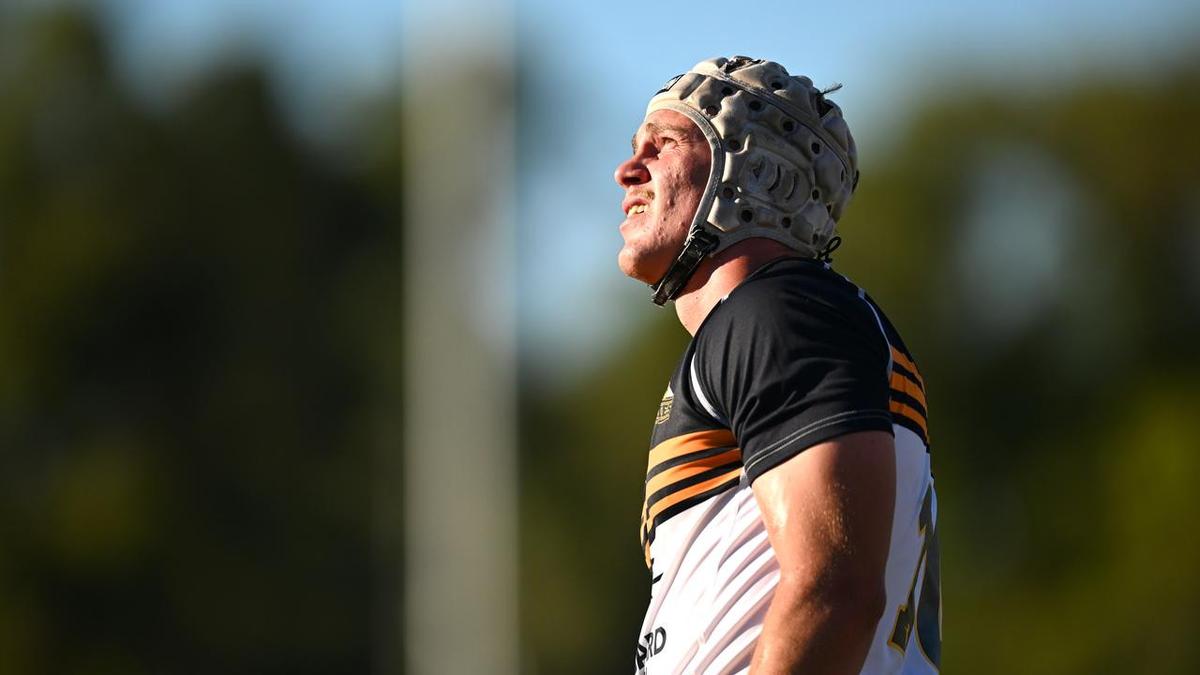
UPDATE: Newly appointed opposition leader Jess Wilson is under fire from political opponents who label her as “breathtakingly inexperienced.” Just hours after taking the helm of the Victorian Liberals on Tuesday, Wilson, 35, faces challenges as she aims to unify a party that has seen three leaders in less than a year.
With the state election looming on November 28, 2026, Wilson has embarked on a media blitz to present her vision and address the internal conflict that has plagued her party. In a statement to ABC Radio this morning, she declared, “I’m drawing a line in the sand,” signaling a commitment to stability after a tumultuous leadership transition.
Former leader Brad Battin acknowledged the party’s struggles, stating, “We obviously have had some challenges,” while refusing to detail why he lost support. Battin emphasized the need for the Liberals to focus on a broader range of issues beyond crime, which had dominated discussions during his leadership.
As the party grapples with its identity, Kim Wells, a retiring Liberal MP, expressed optimism that the new leadership, which includes Wilson, deputy Sam Groth, and upper house deputy Evan Mulholland, would bring the necessary generational change. “These are very smart people,” Wells noted, underscoring their potential to stabilize the party.
However, not everyone is convinced. Labor Minister Steve Dimopoulos ridiculed Wilson’s rise, pointing out that it took the Victorian Liberals three decades longer than Labor to appoint a woman to such a prominent position. He dismissed claims that Wilson was a formidable opponent, calling her leadership “breathtakingly inexperienced.”
Current Premier Jacinta Allan added to the criticism, questioning Wilson’s transparency by highlighting her refusal to explain the circumstances surrounding Battin’s ouster. “How can the community trust someone who cannot be upfront?” she asked.
As the Victorian Liberals attempt to regain ground lost over the past two decades, they must secure at least 16 additional seats in the 88-seat parliament to reclaim a majority. The pressure is on Wilson to not only unify her party but also to present a compelling alternative to the Labor government.
Political analysts are closely watching this leadership shift, as many believe Wilson is a more viable challenger to Labor. Her immediate challenge will be to convert skepticism into support as the election date approaches.
This is a developing story, and more updates will follow as Wilson navigates her new role and the response from both her party and opponents continues to unfold.






